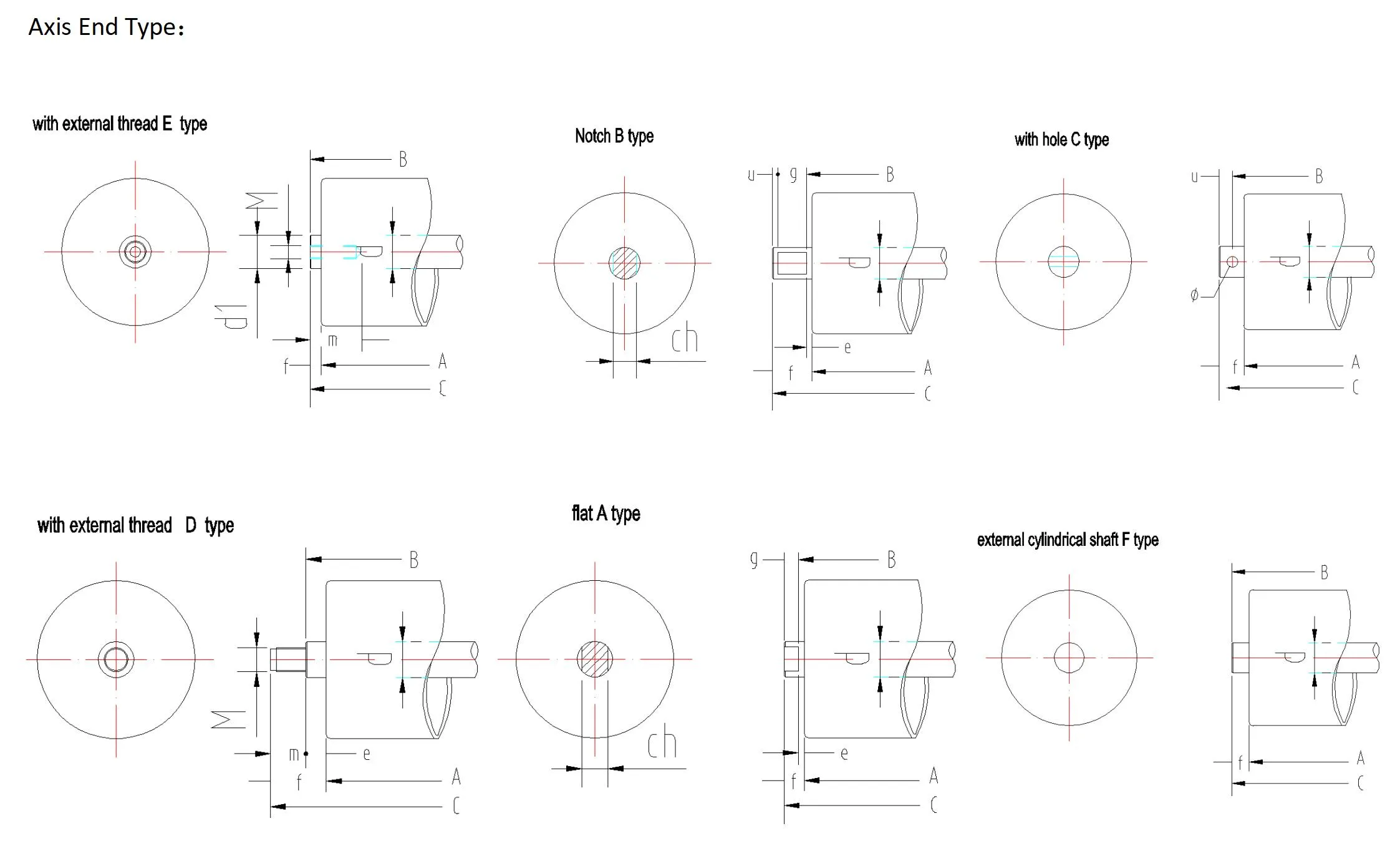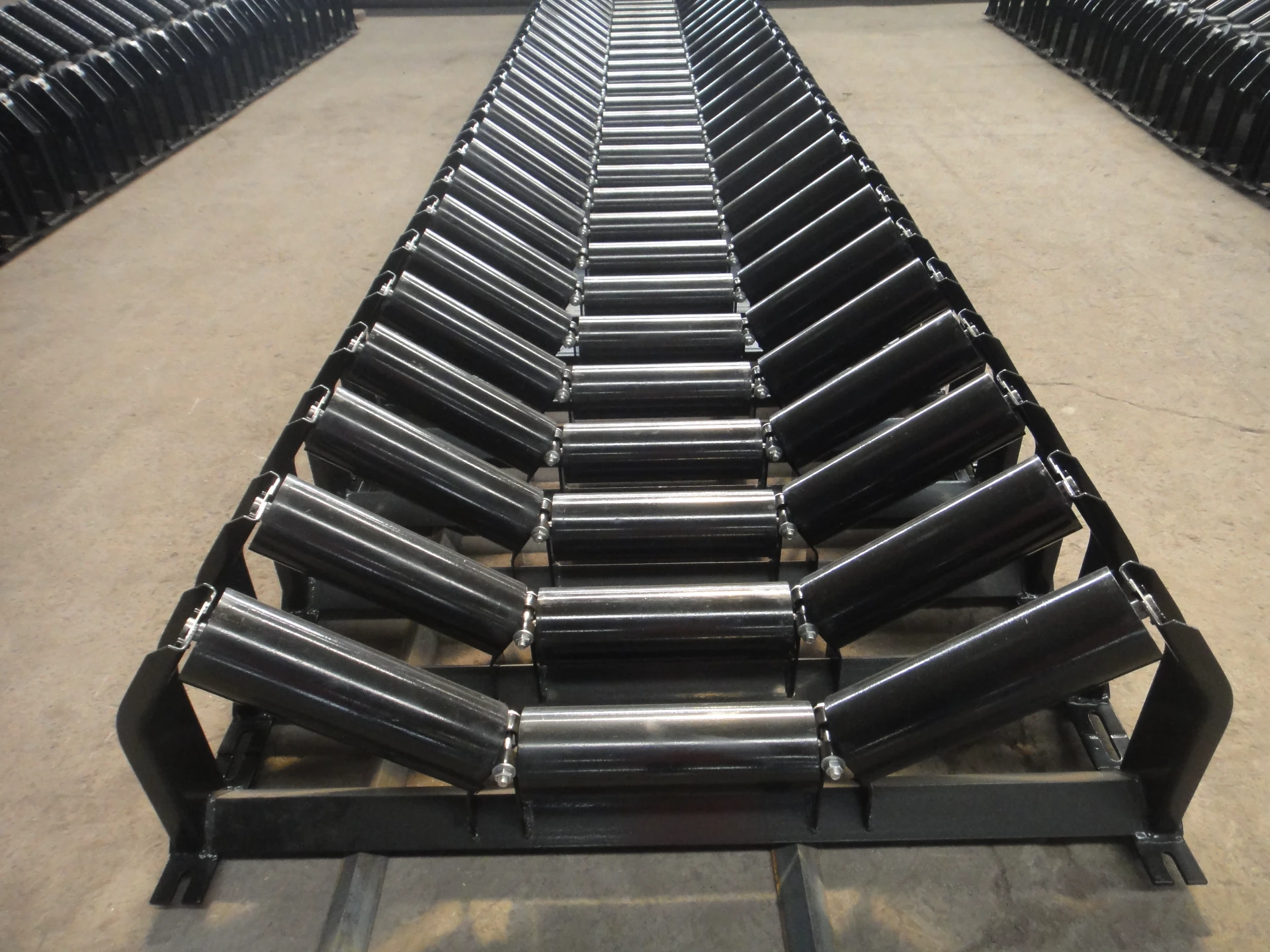 Afrikaans
Afrikaans  Albanian
Albanian  Amharic
Amharic  Arabic
Arabic  Armenian
Armenian  Azerbaijani
Azerbaijani  Basque
Basque  Belarusian
Belarusian  Bengali
Bengali  Bosnian
Bosnian  Bulgarian
Bulgarian  Catalan
Catalan  Cebuano
Cebuano  Corsican
Corsican  Croatian
Croatian  Czech
Czech  Danish
Danish  Dutch
Dutch  English
English  Esperanto
Esperanto  Estonian
Estonian  Finnish
Finnish  French
French  Frisian
Frisian  Galician
Galician  Georgian
Georgian  German
German  Greek
Greek  Gujarati
Gujarati  Haitian Creole
Haitian Creole  hausa
hausa  hawaiian
hawaiian  Hebrew
Hebrew  Hindi
Hindi  Miao
Miao  Hungarian
Hungarian  Icelandic
Icelandic  igbo
igbo  Indonesian
Indonesian  irish
irish  Italian
Italian  Japanese
Japanese  Javanese
Javanese  Kannada
Kannada  kazakh
kazakh  Khmer
Khmer  Rwandese
Rwandese  Korean
Korean  Kurdish
Kurdish  Kyrgyz
Kyrgyz  Lao
Lao  Latin
Latin  Latvian
Latvian  Lithuanian
Lithuanian  Luxembourgish
Luxembourgish  Macedonian
Macedonian  Malgashi
Malgashi  Malay
Malay  Malayalam
Malayalam  Maltese
Maltese  Maori
Maori  Marathi
Marathi  Mongolian
Mongolian  Myanmar
Myanmar  Nepali
Nepali  Norwegian
Norwegian  Norwegian
Norwegian  Occitan
Occitan  Pashto
Pashto  Persian
Persian  Polish
Polish  Portuguese
Portuguese  Punjabi
Punjabi  Romanian
Romanian  Russian
Russian  Samoan
Samoan  Scottish Gaelic
Scottish Gaelic  Serbian
Serbian  Sesotho
Sesotho  Shona
Shona  Sindhi
Sindhi  Sinhala
Sinhala  Slovak
Slovak  Slovenian
Slovenian  Somali
Somali  Spanish
Spanish  Sundanese
Sundanese  Swahili
Swahili  Swedish
Swedish  Tagalog
Tagalog  Tajik
Tajik  Tamil
Tamil  Tatar
Tatar  Telugu
Telugu  Thai
Thai  Turkish
Turkish  Turkmen
Turkmen  Ukrainian
Ukrainian  Urdu
Urdu  Uighur
Uighur  Uzbek
Uzbek  Vietnamese
Vietnamese  Welsh
Welsh  Bantu
Bantu  Yiddish
Yiddish  Yoruba
Yoruba  Zulu
Zulu Feb . 15, 2025 04:04
Back to list
conveyor roller parts
Industrial operations often rely on smoothly operating equipment to ensure productivity and efficiency. One key component that plays an essential role in various material handling processes is the roller conveyor. Understanding the parts that make up a roller conveyor can greatly assist businesses in maintaining optimal performance and minimizing downtime due to equipment failure.
Equally important is the drive mechanism, which provides the necessary power and control for the conveyor's operation. Drive mechanisms can be gravity-driven, motorized, or a combination of both, depending on the specific application needs. Motorized systems can be equipped with various control systems for speed regulation and can include features such as slip clutches or variable frequency drives to accommodate different operational requirements. Ensuring that all these parts are correctly specified and maintained is crucial in minimizing downtime and extending the conveyor system's lifespan. Regular inspections and maintenance regimes are essential practices, ensuring that all components work harmoniously. Experienced personnel should be engaged to carry out routine checks and perform any necessary repairs or replacements of parts. For businesses looking to improve the operation and maintenance of their roller conveyor systems, investing in staff training can make a significant difference. Knowledgeable employees can quickly identify issues and implement solutions, effectively reducing the time between detection and correction of potential failures. Furthermore, suppliers recognized for their expertise and comprehensive product support can provide invaluable assistance, offering insights into the latest technology advancements and material choices that might benefit your specific operation. In conclusion, understanding roller conveyor parts and their roles can enhance both operational efficiency and equipment lifespan of material handling systems. From selecting the right rollers to maintaining the bearings and ensuring robust frame support, each part of a roller conveyor system requires careful consideration and expertise. Investing in high-quality components and engaging professional support can transform how industrial operations utilize conveyor systems, ensuring consistent delivery of goods with minimal interruption. Integrating these practices builds trust in the system's reliability and positions a business for sustained success in any competitive industry. Prioritizing expertise and thorough understanding of roller conveyor systems establishes a groundwork not only for their smooth operation but also for bolstering the stability and efficiency of complete industrial processes.


Equally important is the drive mechanism, which provides the necessary power and control for the conveyor's operation. Drive mechanisms can be gravity-driven, motorized, or a combination of both, depending on the specific application needs. Motorized systems can be equipped with various control systems for speed regulation and can include features such as slip clutches or variable frequency drives to accommodate different operational requirements. Ensuring that all these parts are correctly specified and maintained is crucial in minimizing downtime and extending the conveyor system's lifespan. Regular inspections and maintenance regimes are essential practices, ensuring that all components work harmoniously. Experienced personnel should be engaged to carry out routine checks and perform any necessary repairs or replacements of parts. For businesses looking to improve the operation and maintenance of their roller conveyor systems, investing in staff training can make a significant difference. Knowledgeable employees can quickly identify issues and implement solutions, effectively reducing the time between detection and correction of potential failures. Furthermore, suppliers recognized for their expertise and comprehensive product support can provide invaluable assistance, offering insights into the latest technology advancements and material choices that might benefit your specific operation. In conclusion, understanding roller conveyor parts and their roles can enhance both operational efficiency and equipment lifespan of material handling systems. From selecting the right rollers to maintaining the bearings and ensuring robust frame support, each part of a roller conveyor system requires careful consideration and expertise. Investing in high-quality components and engaging professional support can transform how industrial operations utilize conveyor systems, ensuring consistent delivery of goods with minimal interruption. Integrating these practices builds trust in the system's reliability and positions a business for sustained success in any competitive industry. Prioritizing expertise and thorough understanding of roller conveyor systems establishes a groundwork not only for their smooth operation but also for bolstering the stability and efficiency of complete industrial processes.
Next:
Latest news
-
Revolutionizing Conveyor Reliability with Advanced Rubber Lagging PulleysNewsJul.22,2025
-
Powering Precision and Durability with Expert Manufacturers of Conveyor ComponentsNewsJul.22,2025
-
Optimizing Conveyor Systems with Advanced Conveyor AccessoriesNewsJul.22,2025
-
Maximize Conveyor Efficiency with Quality Conveyor Idler PulleysNewsJul.22,2025
-
Future-Proof Your Conveyor System with High-Performance Polyurethane RollerNewsJul.22,2025
-
Driving Efficiency Forward with Quality Idlers and RollersNewsJul.22,2025
OUR PRODUCTS





























